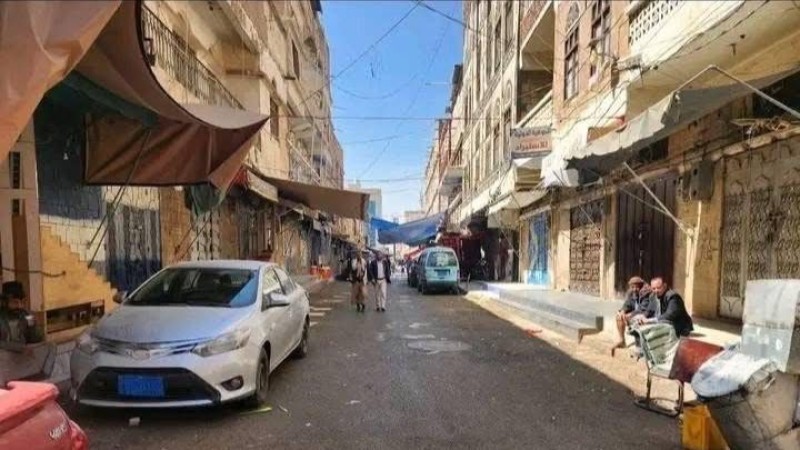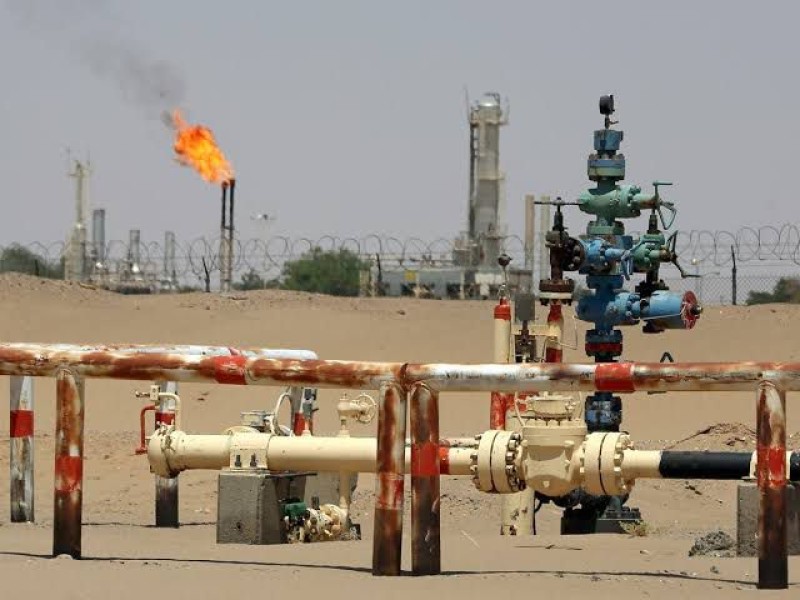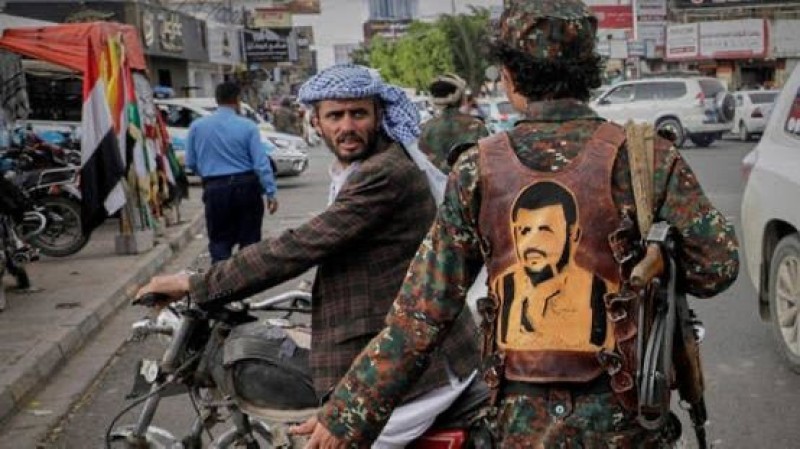Cholera Spreads as War and Poverty Batter Yemen


The Yemeni farm laborer was picking crops in a hot field when the call came. His children, all seven of them, had fallen gravely ill.
Some were vomiting, others had diarrhea, and all were listless, indicating that they had fallen victim to the latest disaster to afflict this impoverished corner of the Arabian Peninsula: one of the worst outbreaks of cholera infection in recent times.
The laborer, Abdulla Siraa, set about frantically trying to raise money to treat the children — $240, or about six times what he typically earns in a month — and raced as fast as he could on the 30 miles home over roads virtually destroyed in Yemen’s civil war.
“I spent the whole journey reciting Quranic verses and praying for the survival of my children,” he said.
But when he arrived, he learned that his 4-year-old daughter, Ghadeer, had already died, after hours of calling out for him, though the rest of his children would survive.
For much of the world, cholera, a bacterial infection spread by water contaminated with feces, has been relegated to the history books. In the 19th century, it claimed tens of millions of lives across the world, mainly through dehydration and electrolyte imbalance.
That ended with modern sanitation and water systems. When it pops up now, it is usually treated easily with rehydration solutions and, if severe, with antibiotics.
But the war currently battering Yemen has damaged infrastructure and deepened poverty, allowing the disease to come roaring back. Cholera is also on the rise in the Horn of Africa because of long-simmering conflicts there. Yemen’s African neighbors, Somalia, South Sudan, Ethiopia and Kenya, have had a total of about 96,000 cholera cases since 2014, international aid groups say.
The crises in Africa, however, pale in comparison to the one in Yemen.
Since a severe outbreak began in late April, according to Unicef, cholera has spread to 21 of the country’s 22 provinces, infecting at least 269,608 people and killing at least 1,614. That is more than the total number of cholera deaths reported to the World Health Organization worldwide in 2015.
Yemen’s conflict began when Shiite rebels known as the Houthis took over the capital, Sana, in 2014, later toppling the government. In response, the Sunni kingdom of Saudi Arabia and other Arab countries launched an air campaign against the rebels with support from the United States in March 2015.
The campaign has so far failed to reinstall the internationally recognized president, Abdu Rabbu Mansoor Hadi.

Sana’a – A new international report has confirmed that Houthi militias continue to escalate economic measures against the commercial se…

Aden — For three decades prior to the outbreak of war, Yemen’s oil and natural gas sector played a decisive role in shaping the country…

Sana’a – The occupied Yemeni capital Sana’a is witnessing mounting economic panic and a sharp collapse in the real estate market…